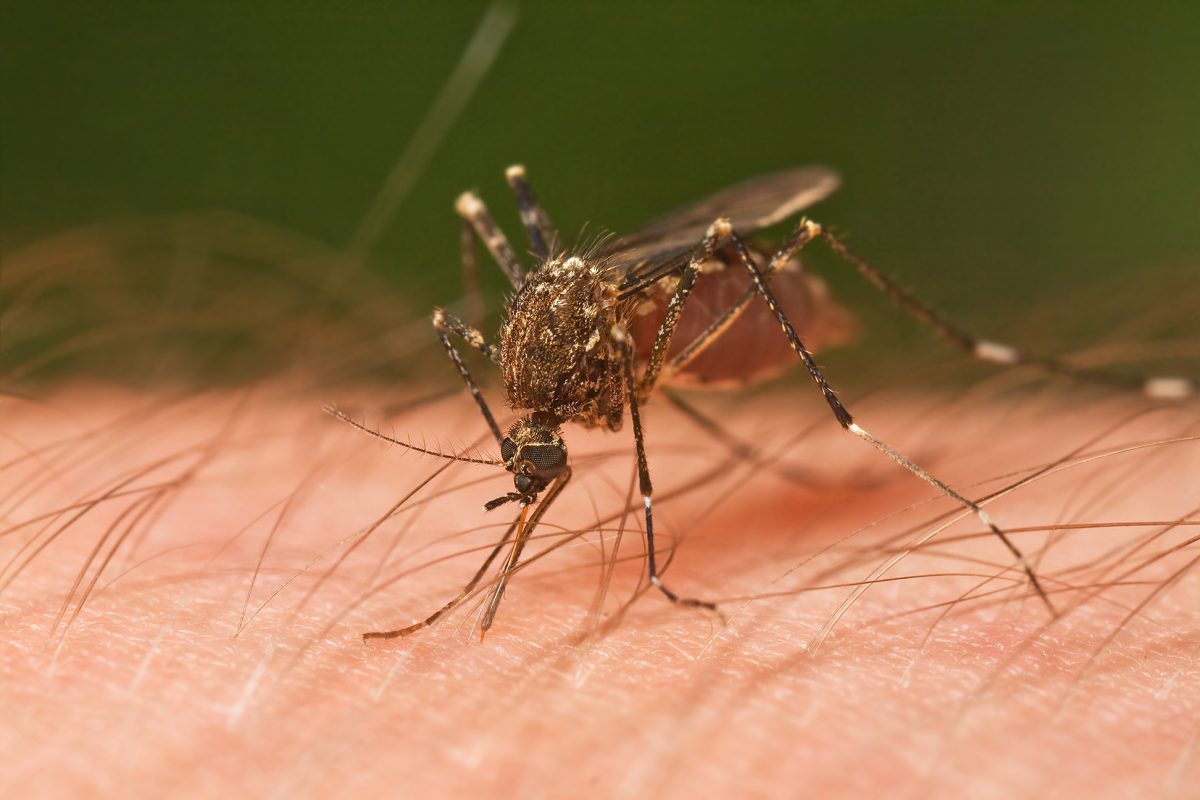Last updated on June 1, 2024 at 03:47 p.m.
Champaign County officials announced that a bird in the county tested positive for West Nile Virus in a release sent out by the Champaign-Urbana Public Health District (CUPHD) on Friday. The virus found in the Champaign County bird was spread by a mosquito feeding on the bird.
According to the Centers for Disease Control, West Nile Virus is spread through the bite of infected mosquitoes and is the primary cause of mosquito-borne illness in the United States.
This is the second West Nile Virus-positive bird to appear in central Illinois this year, with the first being found in Douglas County on April 2 also contracting the virus from a mosquito. The Illinois Department of Public Health reported last week that two mosquito batches in the state tested positive for the virus, which could potentially explain the bird infections.
Humans are most at risk of contracting West Nile Virus during mosquito season, which begins in the summer and continues through fall. Symptoms of West Nile Virus include fever, headache, body aches, vomiting diarrhea and rash. Those concerned that they have contracted the virus should see a doctor as soon as possible.
Get The Daily Illini in your inbox!
The CUPHD specified in their announcement that citizens of Champaign County should take precautions to reduce exposure to mosquitoes until the season is over. This could include wearing insect repellent outdoors, long sleeves and pants if the weather permits and socks when outdoors.
The Environmental Protection Agency provides guidelines as to what insect repellent products are most effective against mosquitoes. Residents are also advised to mosquito-proof their homes by installing or repairing window and door screens to prevent mosquitoes from entering their homes.
Lastly, residents should drain standing water to reduce the amount of mosquitoes around their homes. Emptying water dishes, rain gutters, flower pots, buckets and other outdoor containers regularly can prevent mosquito attraction.
More information can be found on the CUPHD’s website — c-uphd.org/mosquito.html#.






